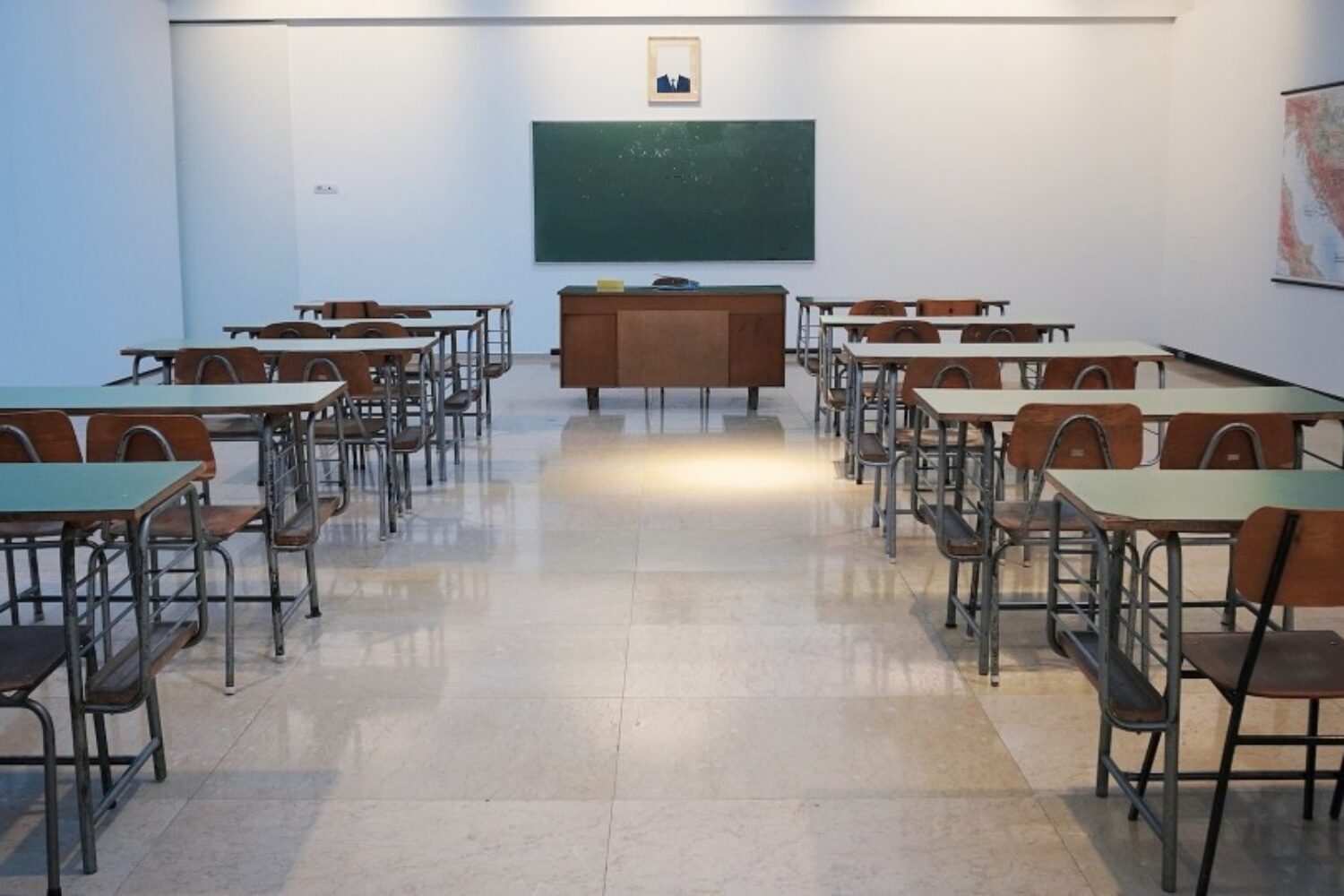Our Lost Millennial sproject partner Eszter Kósa from Binda Consulting International published an article in the latest issue of the Youth Employment Magazine. The article “Malta: Reducing School Drop-Out: Good Practice from Malta” focuses on the Maltese government’s actions since the country’s accession to the EU in 2004 to reduce school dropouts and increase youth employment.
What is the Malta situation, and how have things changed through the years? This is what we’ll explore in this article. But first, let’s have some more context on the issue.
School dropouts and youth unemployment
Youth unemployment is a primary concern for Europe. There are many reasons leading to youth unemployment, but the consensus is that education is a critical factor. Therefore school dropouts should be dramatically reduced.
Specifically, access to quality education or not determines someone to be categorised as not in employment, education or training (NEET) as it prepares young people for the labour market.
In a rapidly changing economic and social environment, adaptability and upskilling/reskilling become priorities to increase youth employment.
Even if young people with low educational backgrounds, like school dropouts, happen to find a job, their job security is low. These young people with the slightest changes to the economy are the first in danger of losing their jobs. Not to mention in more severe circumstances like a pandemic.
The youth employment situation in Malta and how it was dealt with
When Malta joined the European Union, it had the highest rate of early school leavers, with 33% in 2005. However, after a series of reforms and policies, it managed to decrease steadily year after year. Malta’s early school dropouts in 2021 were only 11%, but still above the EU benchmark of 10%. Let’s explore Malta’s initiatives that helped the country with this achievement.
1. Introduced new teaching methods
In approximately 20 years, Malta introduced new teaching methods to slow down school dropout rates. To achieve this, Malta trained teachers to become more efficient and inclusive in their teaching.
2. Provided additional assistance to the most at risk of early dropouts
Malta managed to reduce school dropouts by providing supplementary tuition and hiring more teaching assistants to support the most at-risk dropouts and those with learning challenges.
3. Founded employment services for job finding and upskilling
These employment services helped increase youth employment by focusing on upskilling them with in-demand soft skills.
4. Established educational, career guidance, and counselling in schools
In 2009 Malta established the National School Support Services (NSSS) to provide the above services to students to strengthen early employability.
5. Made equality and inclusiveness core values of its education system
Malta had the highest rates of immigration in the EU when it prepared the Respect for All Framework in 2014, which defined equal opportunities and inclusiveness as core values of its education system. In the same year, it established the Migrant Learners’ Unit that provided special courses to migrant children to improve their language skills and join the Maltese mainstream education.
6. Understood the barriers to inclusion in schools to maximise students’ potential
The publication of the National Inclusive Education Framework in 2019 by the Maltese Ministry identified the barriers to inclusion in schools and came up with solutions to eliminate them. At the same time, the Policy on Inclusive Education in Schools extended the above work to maximise the potential of all learners with respect to diversity.
7. Adopted a new strategy to reduce early leaving from Education and training for 2020-2030
The adoption of this strategy shows Malta’s commitment to reducing the number of school dropouts and improving youth employment even further. This strategy covers situations like those who have trouble finding a job, those who are in conflict with the system, or those who leave education and training due to health and psychological issues.
Conclusion
Malta showed an exemplary determination in reducing school dropout numbers and improving youth employment in the last 20 years of its accession to the EU. With focused policies and actions, it identified and effectively addressed the issue of the high number of school dropouts, creating a quality, accessible and inclusive education system.
